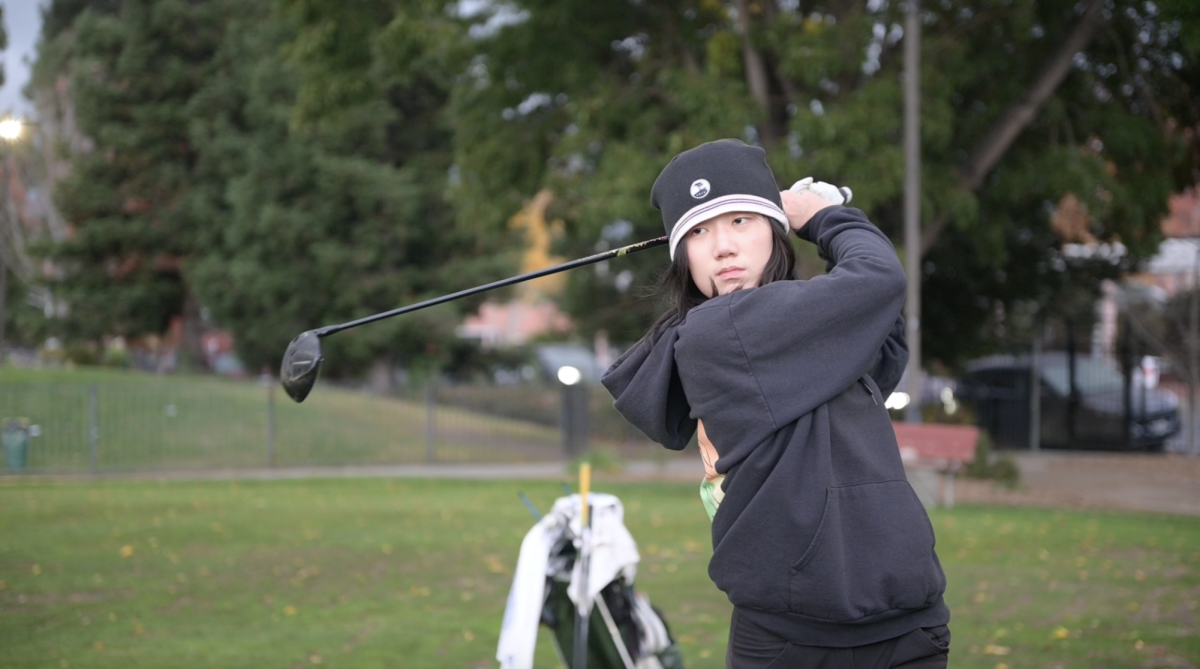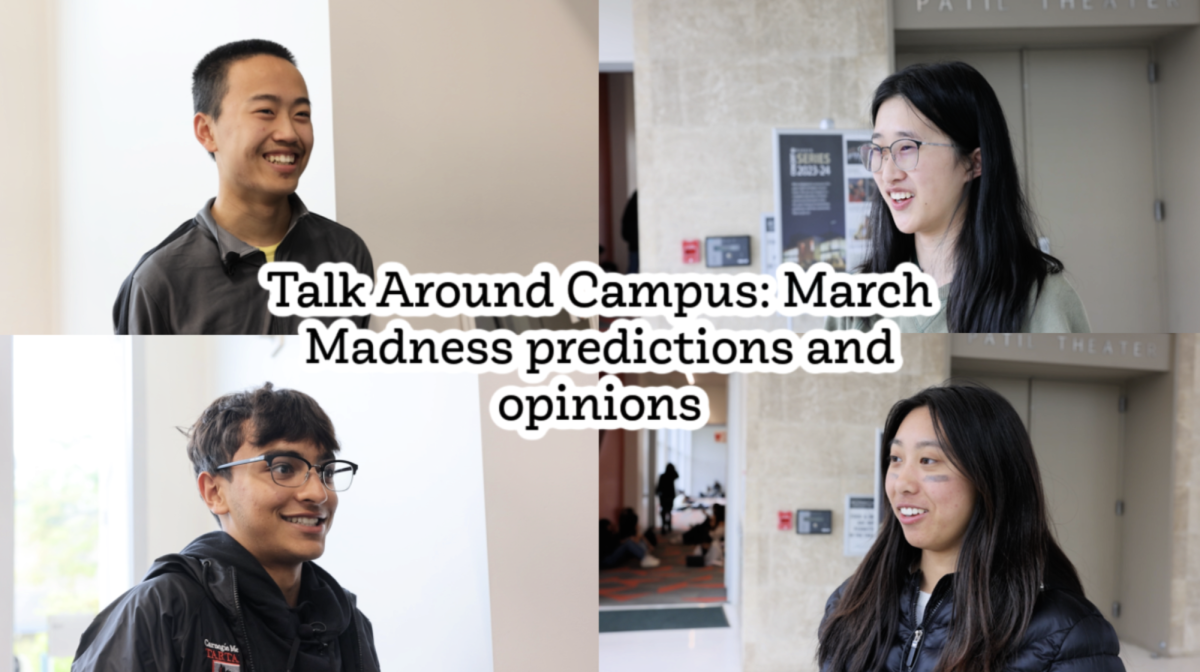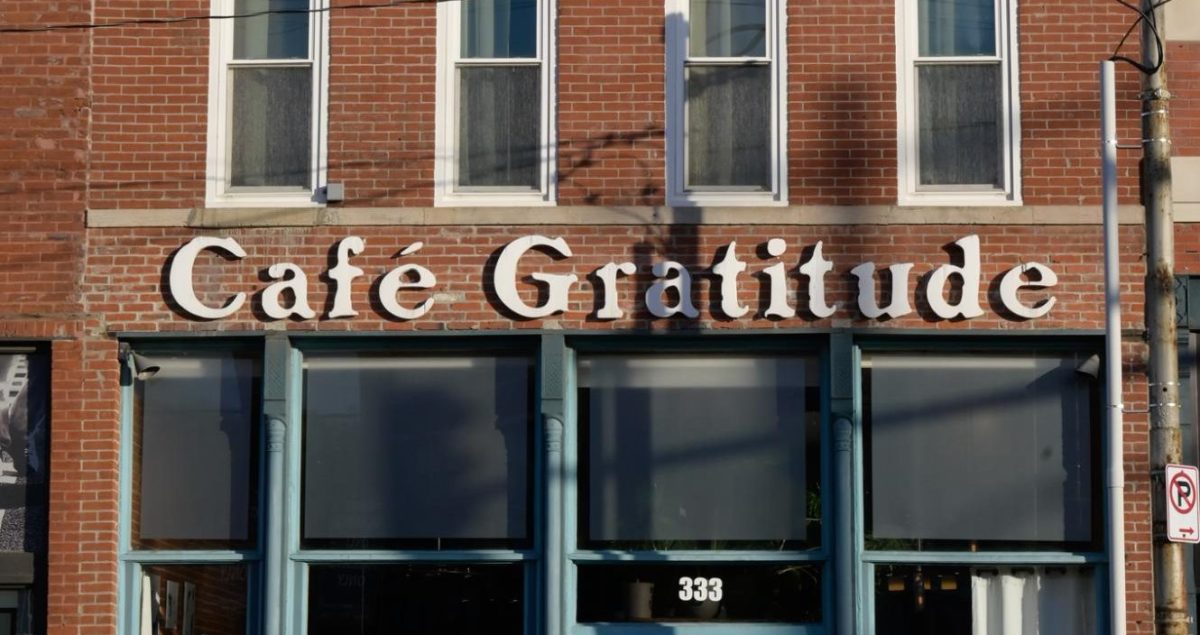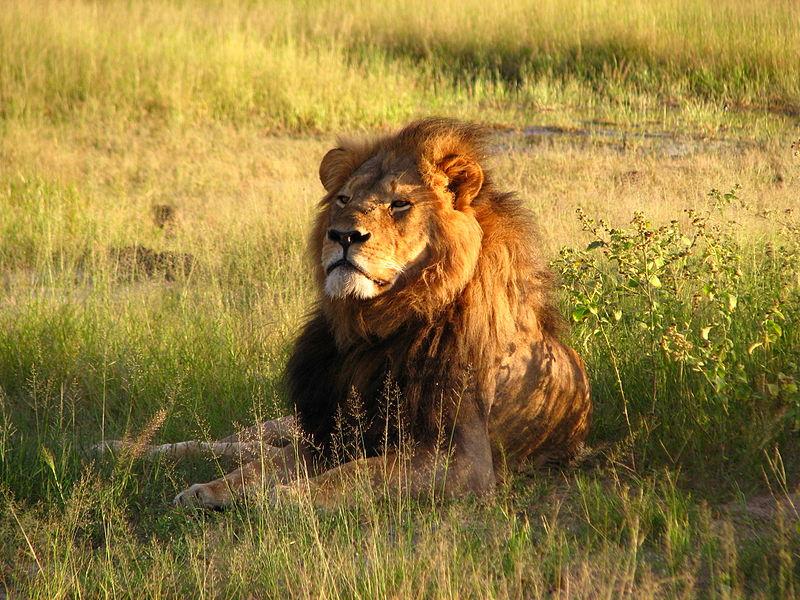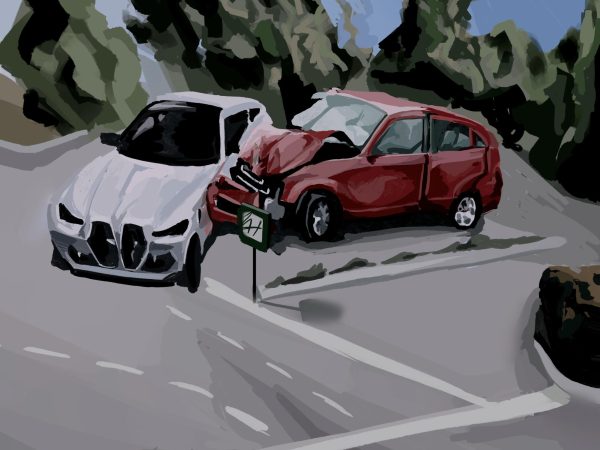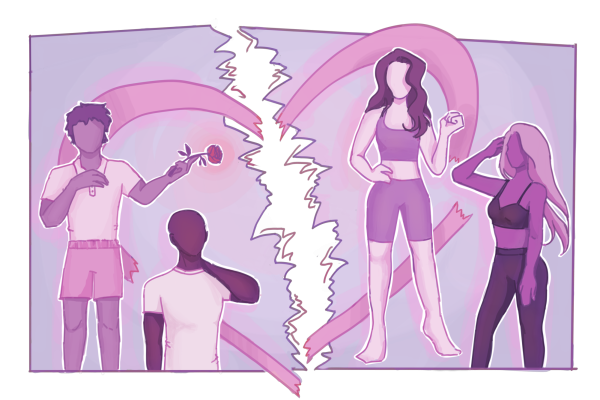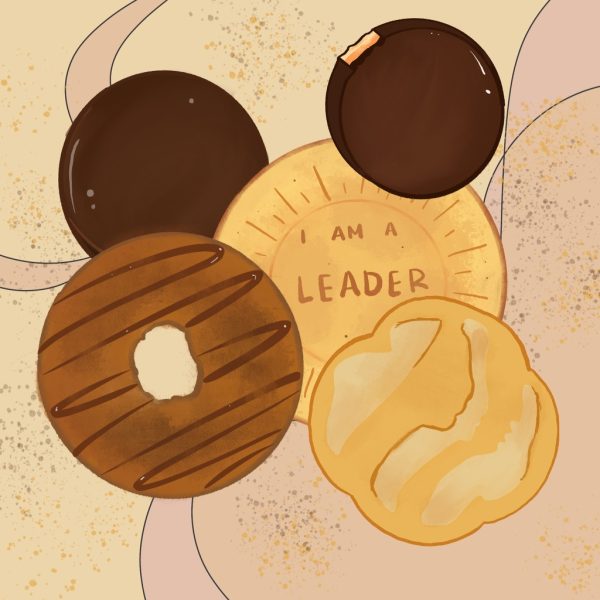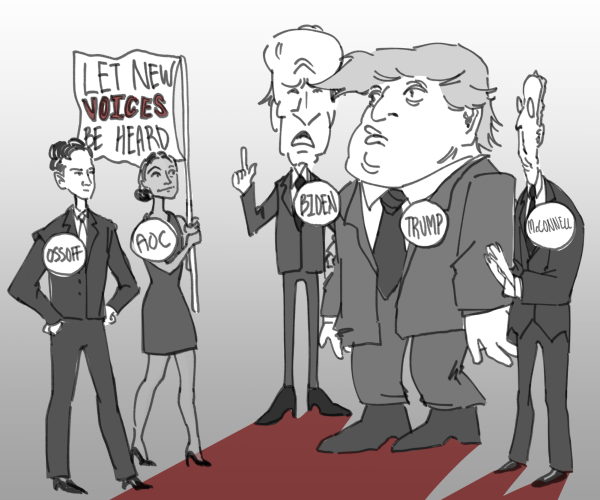Outrage over Cecil the Lion highlights ironic neglect
I woke up, checked Facebook, and there it was, trending as number one on the site.
I was still groggy and definitely only half awake, so as soon as I saw the name “Cecil,” I thought the worst — another hashtag to follow the stream of hashtags that seemed to have exploded into mainstream news in August 2014 beginning with the fatal shooting of Mike Brown.
Then, I read further. The lion.
What?
In Zimbabwe, a lion at a national park was wounded and then killed by a dentist and “big-game hunter,” Walter Palmer. International outcry sparked immediately, and various politicians, celebrities and animal conservationists quickly denounced Palmer’s actions.
For the next week or so, my eyes were constantly on the roll as I saw endless, plaintive Facebook statuses, change.org petitions, trenchant twitter take-downs and even the hashtag “#alllionsmatter” — what?
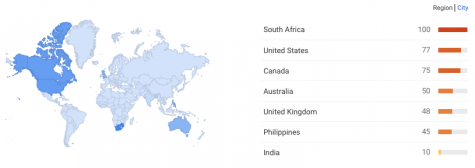
Almost at the same time, less than two weeks after Palmer shot Cecil the Lion, Sandra Bland was pulled over for a minor traffic violation by a Texas state trooper, taken into custody and then found dead in her jail cell on July 13.
Activists around the country were devastated, and demands quickly followed for law enforcement to follow up on the suspicious nature of Bland’s death. Bland’s name joined a long list of black individuals killed by police in 2015 and contributed to making July the deadliest month of the year for police killings — 118 people died in incidents with law enforcement, and more than 20, which is around one in six, were unarmed, according to The Guardian. In perspective, Business Insider reported that in 2011, 404 people were recorded to have died at the hands of the police, as compared to six people in Australia, two people in England and Wales and six in Germany.
New York Times op-ed writer Roxane Gay snarked on Twitter, “I’m personally going to start wearing a lion costume when I leave my house so if I get shot, people will care.”
Some on the Internet immediately hit back. One tweet by comedian Aamer Rahman sarcastically said, “Let’s not forget that lion on lion crime kills more lions every year than rogue dentists,” attaching a picture of two lions fighting with each other, a parody of the responses of those who try to derail conversations about racially motivated violence.
Yet the outrage over Sandra Bland’s death seemed paltry, even pitiful, compared to the reaction to Cecil the Lion’s death.
Just as a reality check, animals do die all the time, and horrifically so. Why did the outrage over that one lion outweigh the indignation over the polar bears struggling to survive as the ice caps melt, or the reef ecosystems collapsing all over the world due to bleaching? Humans are just as responsible for these instances as they are for the shooting of Cecil the Lion.
But even that’s beside the point when humans find themselves unable to exhibit that level of decency for each other. If someone starts bringing up the black lives taken by police, it only takes a moment for someone else to chime in, “But, all lives matter!” or “Maybe they could have been more courteous towards that police officer.”
This is not to say that I don’t believe animals deserve rights at all, or that no problems exist with the treatment of animals in this world. I think poaching is evil, I think that animal experimentation is inhumane, and I think the meat industry in general contributes way too much to humanity’s collective carbon footprint.
But the reaction to the fatal shooting of Cecil the Lion is only one instance of a long history of people caring more about or prioritizing the lives of animals over other human beings. Perhaps our fury over animal treatment might result in more successful changes across the world if we show at least that much regard for other human beings first.
This piece was originally published in the pages of the Winged Post on August 31, 2015.
Elisabeth Siegel (12) is the editor-in-chief of the Winged Post. This is her fourth year in Journalism, and she especially loves production nights and...































![Setter Emma Lee (9) sets the ball to the middle during the match against Pinewood on Sept. 12. “[I’m looking forward to] getting more skilled, learning more about my position and also becoming better friends with all of my teammates, Emma said.](https://harkeraquila.com/wp-content/uploads/2023/09/DSC_4917-2-1200x795.jpg)
































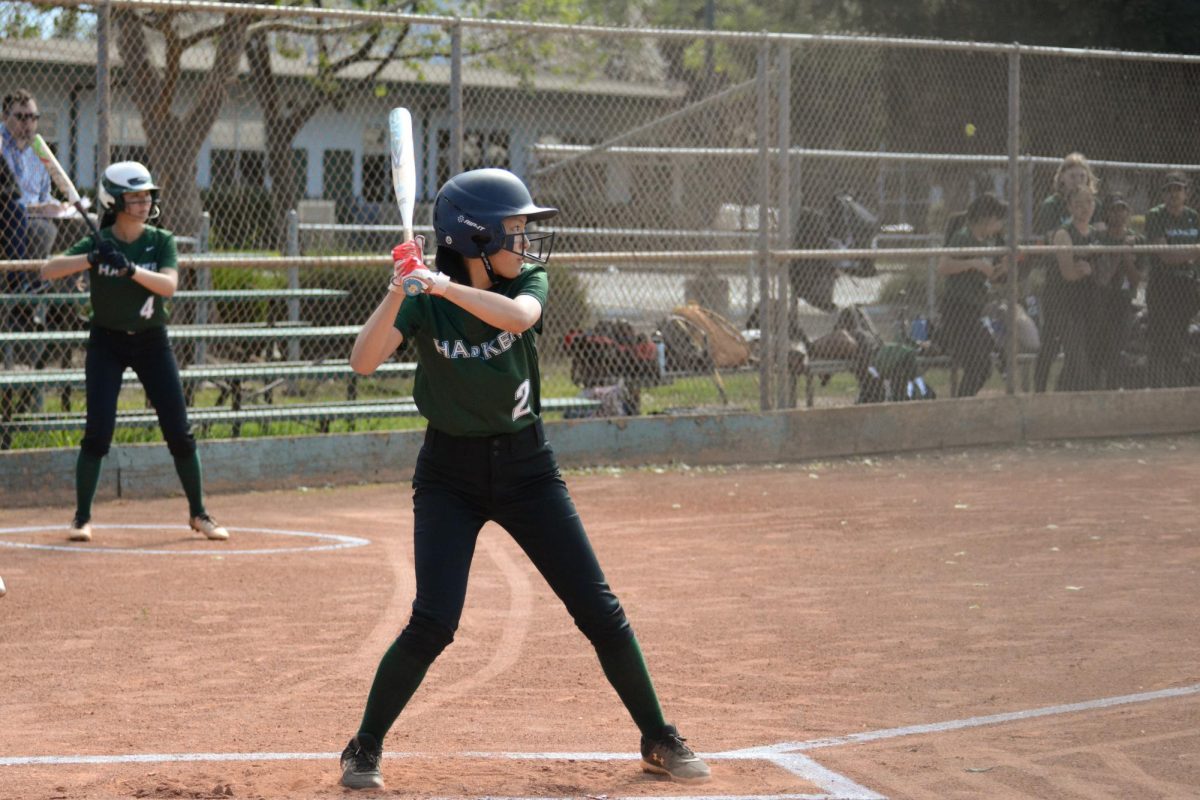


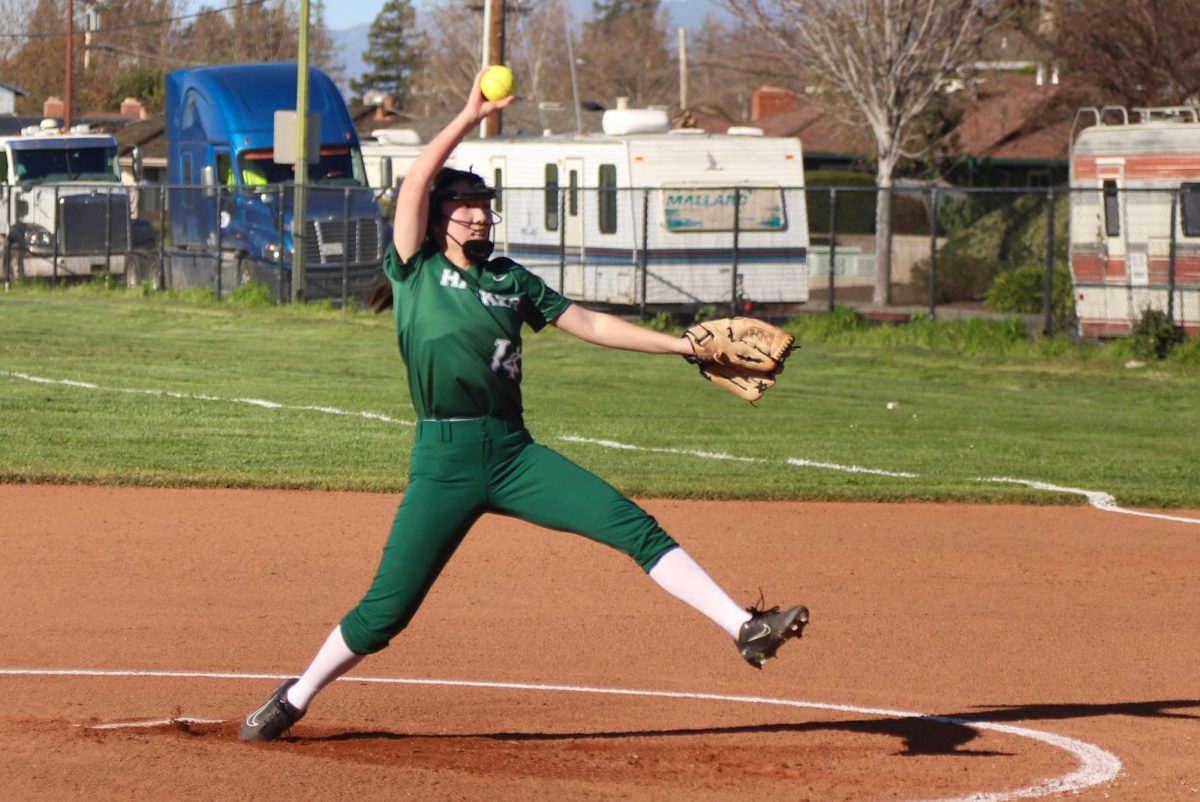









































![“[Building nerf blasters] became this outlet of creativity for me that hasnt been matched by anything else. The process [of] making a build complete to your desire is such a painstakingly difficult process, but Ive had to learn from [the skills needed from] soldering to proper painting. Theres so many different options for everything, if you think about it, it exists. The best part is [that] if it doesnt exist, you can build it yourself, Ishaan Parate said.](https://harkeraquila.com/wp-content/uploads/2022/08/DSC_8149-900x604.jpg)


![“Animation just clicked in a way. I had been interested in art, but that felt different. [Animation] felt like it had something behind it, whereas previous things felt surface level. I wasnt making that crazy of things, but just the process of doing it was much more enjoyable, Carter Chadwick (22) said.](https://harkeraquila.com/wp-content/uploads/2022/08/Screen-Shot-2022-08-16-at-9.44.08-AM-900x598.png)


![“When I came into high school, I was ready to be a follower. But DECA was a game changer for me. It helped me overcome my fear of public speaking, and its played such a major role in who Ive become today. To be able to successfully lead a chapter of 150 students, an officer team and be one of the upperclassmen I once really admired is something Im [really] proud of,” Anvitha Tummala (21) said.](https://harkeraquila.com/wp-content/uploads/2021/07/Screen-Shot-2021-07-25-at-9.50.05-AM-900x594.png)



![“[Volleyball has] taught me how to fall correctly, and another thing it taught is that you don’t have to be the best at something to be good at it. If you just hit the ball in a smart way, then it still scores points and you’re good at it. You could be a background player and still make a much bigger impact on the team than you would think,” Anya Gert (’20) said.](https://harkeraquila.com/wp-content/uploads/2020/06/AnnaGert_JinTuan_HoHPhotoEdited-600x900.jpeg)

![“Im not nearly there yet, but [my confidence has] definitely been getting better since I was pretty shy and timid coming into Harker my freshman year. I know that theres a lot of people that are really confident in what they do, and I really admire them. Everyones so driven and that has really pushed me to kind of try to find my own place in high school and be more confident,” Alyssa Huang (’20) said.](https://harkeraquila.com/wp-content/uploads/2020/06/AlyssaHuang_EmilyChen_HoHPhoto-900x749.jpeg)













![“My slogan is ‘slow feet, don’t eat, and I’m hungry.’ You need to run fast to get where you are–you arent going to get those championships if you arent fast,” Angel Cervantes (12) said. “I want to do well in school on my tests and in track and win championships for my team. I live by that, [and] I can do that anywhere: in the classroom or on the field.”](https://harkeraquila.com/wp-content/uploads/2018/06/DSC5146-900x601.jpg)

![“I think getting up in the morning and having a sense of purpose [is exciting]. I think without a certain amount of drive, life is kind of obsolete and mundane, and I think having that every single day is what makes each day unique and kind of makes life exciting,” Neymika Jain (12) said.](https://harkeraquila.com/wp-content/uploads/2017/06/Screen-Shot-2017-06-03-at-4.54.16-PM.png)






